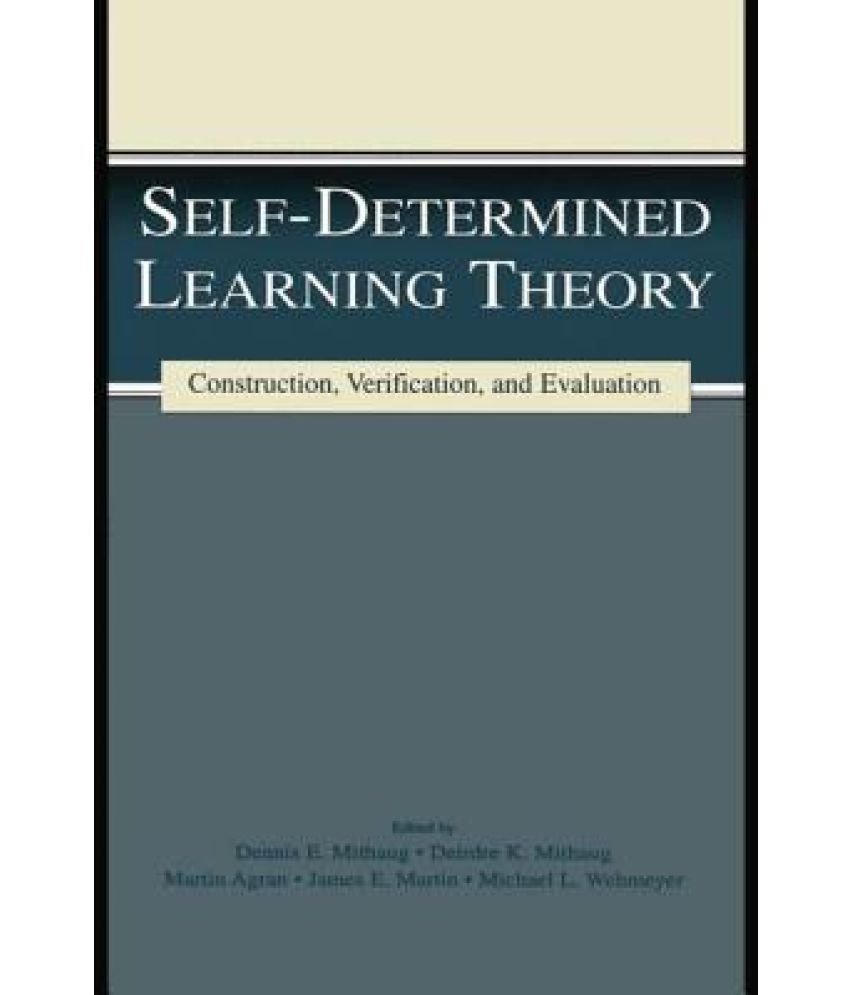Something went wrong. Please refresh the page and try again.
Something went wrong. Please refresh the page and try again.
Notifications can be turned off anytime from settings.
Item(s) Added To cart
Qty.
Something went wrong. Please refresh the page and try again.
Something went wrong. Please refresh the page and try again.
Exchange offer not applicable. New product price is lower than exchange product price
Please check the updated No Cost EMI details on the payment page
Exchange offer is not applicable with this product
Exchange Offer cannot be clubbed with Bajaj Finserv for this product
Product price & seller has been updated as per Bajaj Finserv EMI option
Please apply exchange offer again
Your item has been added to Shortlist.
View AllYour Item has been added to Shopping List
View AllSorry! Self-Determined Learning Theory is sold out.


You will be notified when this product will be in stock
Learn More about the Book
This volume brings together four semi-autonomous bodies of research (choice, self-determination, self-regulation, and self-management) to form a new theory of self-engaged learning entitled, Self-Determined Learning Theory. This theory explains why and how students self-engage. It identifies the factors that give students the sense of control over their learning that is needed for sustained, adaptive, and ultimately successful learning. It begins by describing the characteristics of disengaged learners, then describes and illustrates self-determined learning theory within both normal and special populations. It then examines the theory's predictive value across several special population contexts and then concludes with a critique of the theory's credibility and worth.
Divided into three sections--theory construction, theory verification, and theory evaluation--this volume is organized using the four steps of a previous book, Learning to Theorize: A Four Step Strategy. Step 1 defines a problem of not understanding something as discrepancy between what is known and not known about a circumstance. Step 2 searches for information and explanations to change the condition of not knowing into a condition of knowing. Step 3 evaluates the credibility and worth of the explanation constructed in Step 2. Step 4 adjusts existing beliefs so they are consistent with the new theory.
Although aimed primarily at leaders in special education, it should also appeal to researchers and scholars in psychology, educational psychology, and school psychology who are interested in the applications of self-regulated learning theory--in this case to special populations.
The images represent actual product though color of the image and product may slightly differ.
Register now to get updates on promotions and
coupons. Or Download App